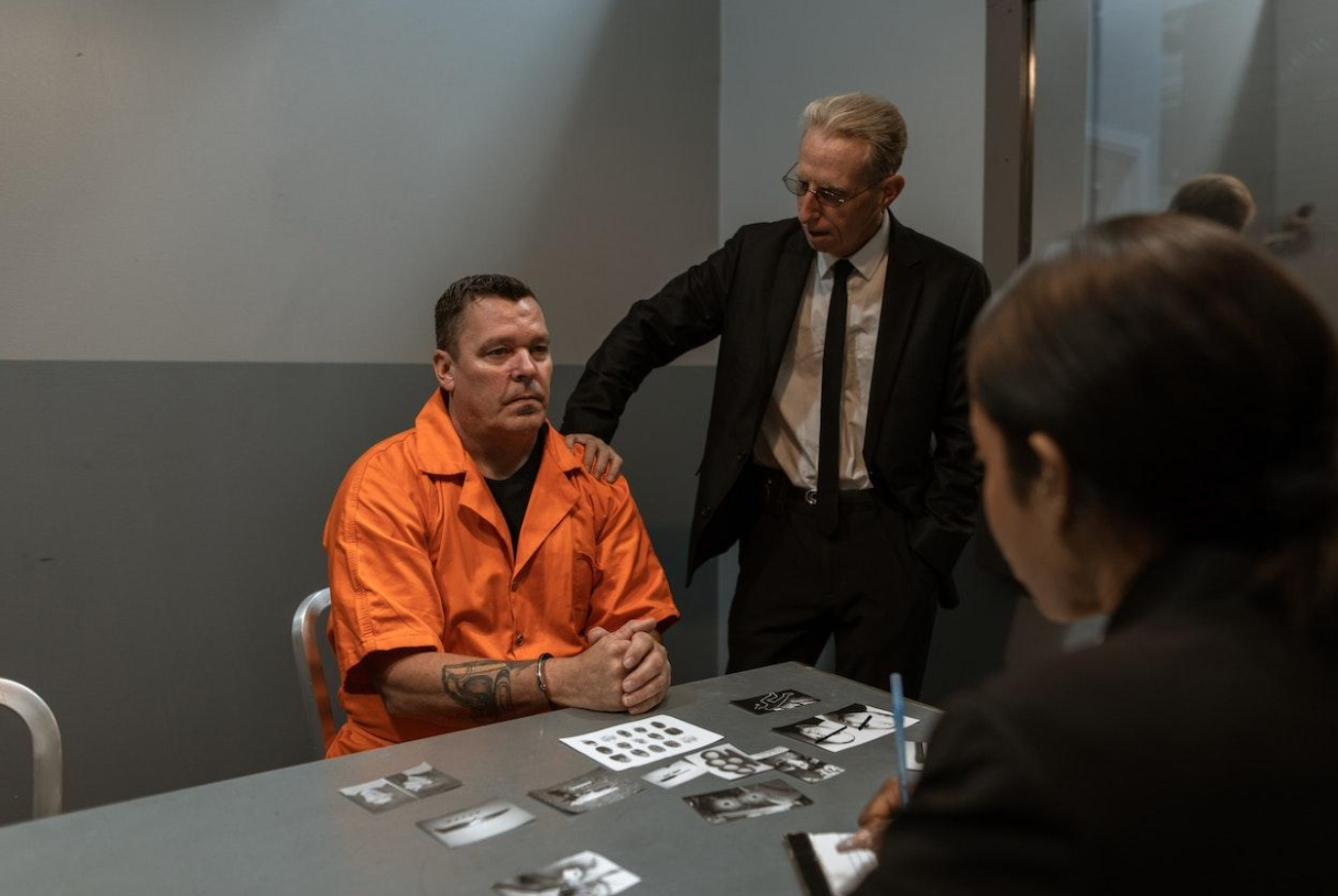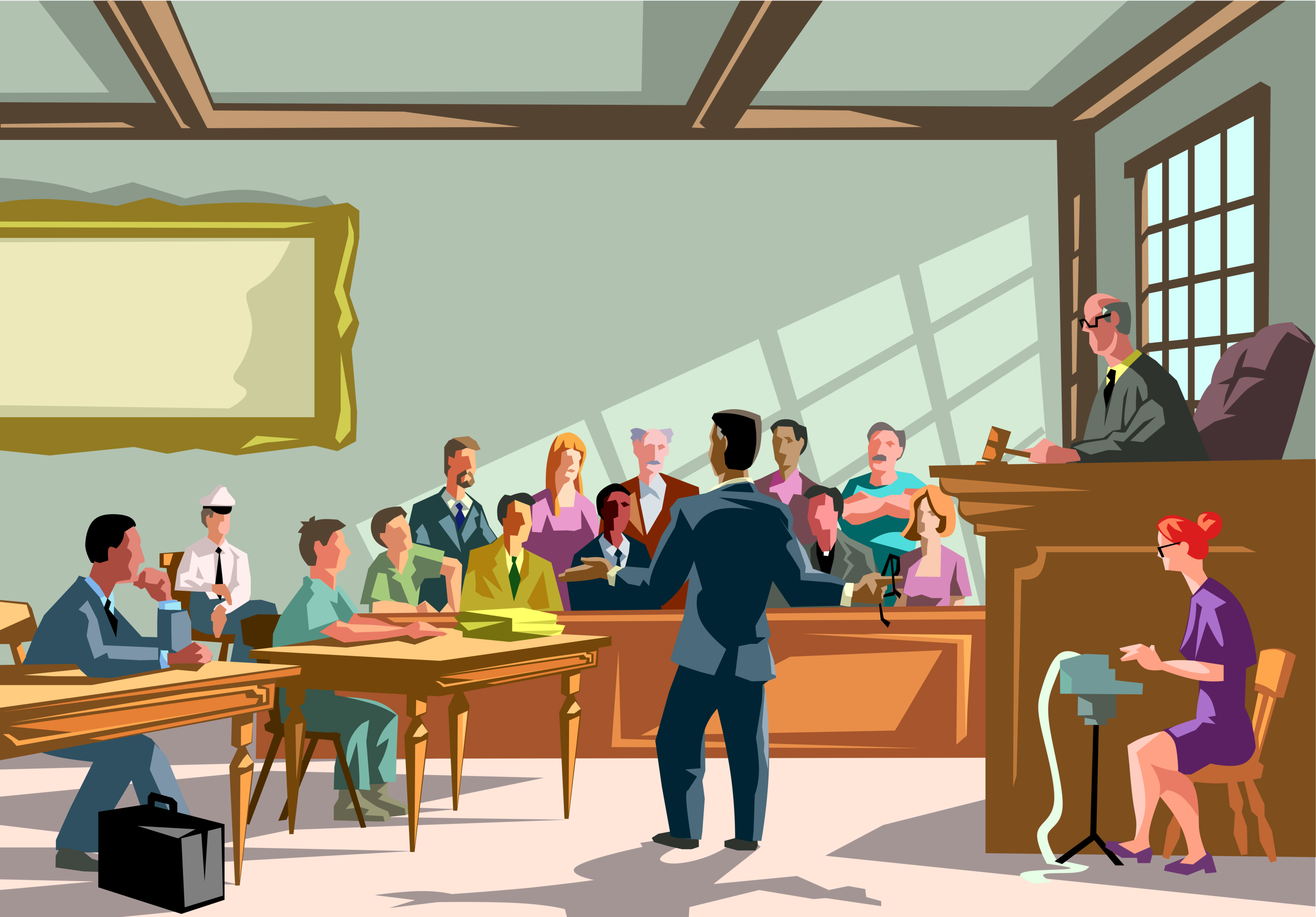Remember, a good and fair defense is not always about chasing an acquittal. It is about checking governmental authority and power and protecting us all.
Many high-profile criminal cases have made the headlines over the years. In some of these cases, the defendant seems irrefutably guilty, and many people question how they can possibly defend themselves. While it might seem futile to try to defend the seemingly indefensible, failing to do so may have greater legal implications than you realize.
All criminal defendants have a constitutional right to defend themselves, even the ones who are clearly guilty. These rights are built into the very foundation of our country’s legal system. Defending people who might have the entire deck stacked against them is necessary for several reasons. First, the defendant has a right to defend themselves. Second, we should not permit the government to assess criminal charges and sentence people to prison without having to overcome the most vigorous defense possible. Often, the goal is not to get defendants off the hook but to ensure the outcomes of their criminal trials are as fair and just as possible. If the government violates a person’s rights regarding how they defend themselves, the outcome of their case cannot possibly be just.
Everyone Has a Constitutional Right to Defend Themselves
People sometimes wonder why a trial is even necessary when the defendant is so obviously guilty. The answer to this question is actually very simple. No matter what, all criminal defendants are afforded a fair opportunity to defend themselves. Even when the evidence is clear, and the defendant will almost certainly be found guilty, they have the right to put up the best defense they can, and an Atlantic City criminal lawyer can assist.
This right is good because it protects you and gives you a fair opportunity to defend yourself. Taking this away from those we deem “indefensible” sets a dangerous precedent. Where is our society headed if we decide that some people may defend themselves against criminal charges but others may not? Everyone must be considered innocent until proven otherwise by a court of law.
This is also incredibly important for those who might seem guilty at first but are actually innocent. Many cases become major news stories because the alleged crimes are shocking, and the evidence is stacked against the defendant. However, the truth comes out in the courtroom, and the prosecutor’s case might not be as strong as everyone initially thought. Without this right to defend ourselves, innocent people might end up behind bars.
Make the Government Prove Their Claims
Defending those we might think are indefensible is about more than poking holes in the prosecutor’s case or trying to get the defendant acquitted, although these are possible legal strategies. In many ways, a good defense serves to check government authority and power. The authorities should not be able to charge anyone with a crime without affording them a fair chance to defend themselves.
While we might be less forgiving or understanding of those who seem completely guilty and indefensible, giving them a proper defense is good for everyone. If we allow the government to bypass the need for a defense for people who are obviously guilty, we might find ourselves on a very slippery slope. If we do not make sure that the indefensible get a defense, we risk losing defense rights for everyone else.
Fighting for a Fair Defense

Mounting a good defense for someone who appears indefensible may involve fighting to keep charges fair rather than fighting to get a very unlikely acquittal. Criminal charges should be accurate, not overblown, even if we believe the defendant does not deserve fairness because of the heinous nature of their alleged crime.
Likewise, sentencing should be fair. Sometimes, defendants are so clearly guilty that we not only want to throw the book at them, but we might want to come down extra harshly. While a highly punitive sentence might feel satisfying at the moment, it should not be allowed unless there is a solid legal basis for such a sentence.
How to Defend Someone Who Seems Obviously Guilty
Defending someone is not always about trying to help a guilty defendant get away with their alleged crimes. People sometimes turn their noses up at defendants who try to fight their charges despite incredibly powerful evidence against them. Defending this kind of defendant is more about making sure the government follows proper legal procedures and respects the rights of a criminally charged citizen.
Whether someone is guilty or innocent, they must be afforded a fair defense. A fair defense might not necessarily involve raising evidence that sows doubt in jurors’ minds. Instead, it might involve making sure the government follows proper legal procedures so that a conviction is fair.
In short, a good defense might be more about ensuring that whatever happens to the defendant is fair and just. This might mean working to avoid unfairly harsh punishments rather than trying to avoid a conviction altogether.
Sometimes, a conviction is imminent, and defense attorneys know this. As such, they might focus on protecting your rights rather than asserting your innocence.
The Importance of Defending the Indefensible
Defendants have a constitutional right to a defense. To take this away simply because we do not think someone deserves a defense would violate their rights and give the government permission to do the same to others. Remember, a good and fair defense is not always about chasing an acquittal. It is about checking governmental authority and power and protecting us all.


Join the conversation!